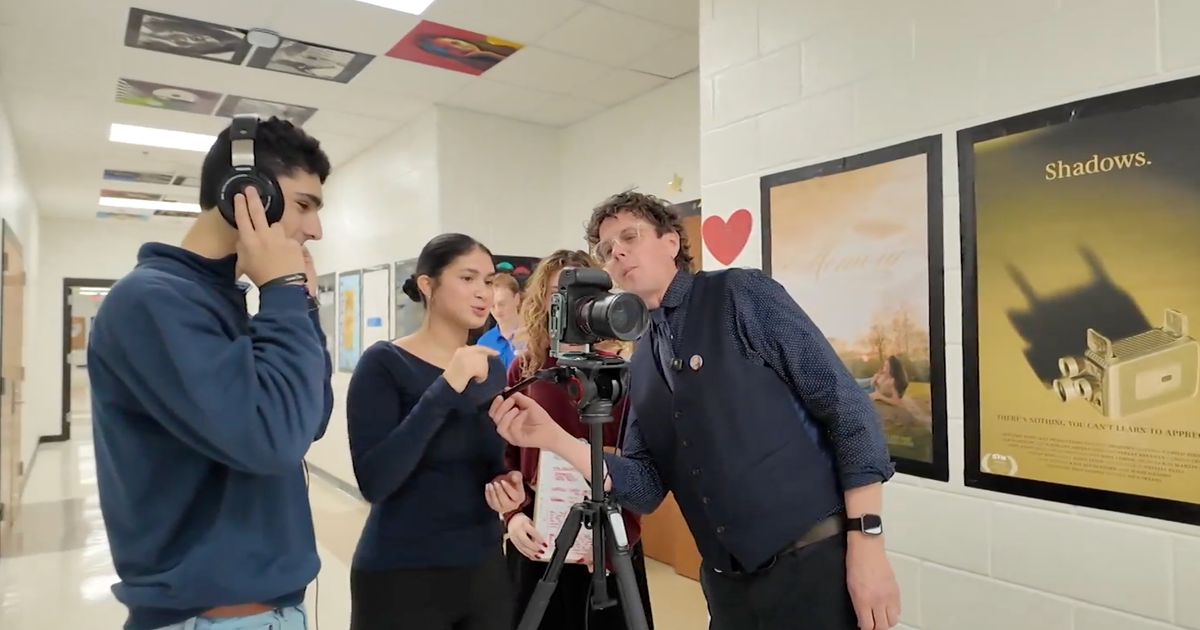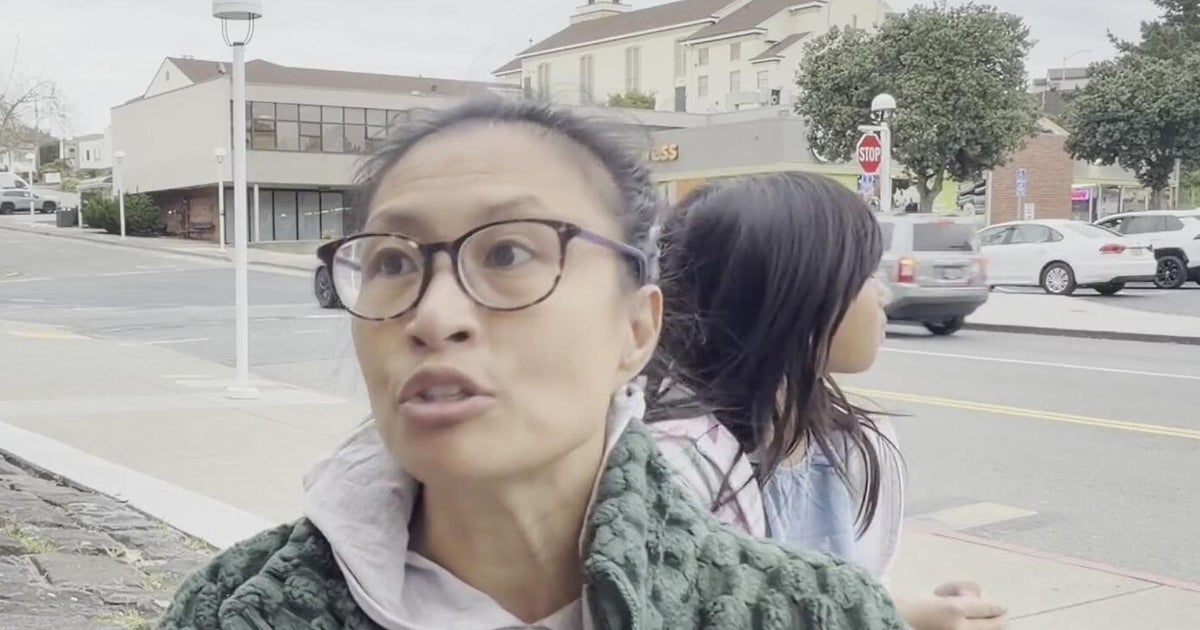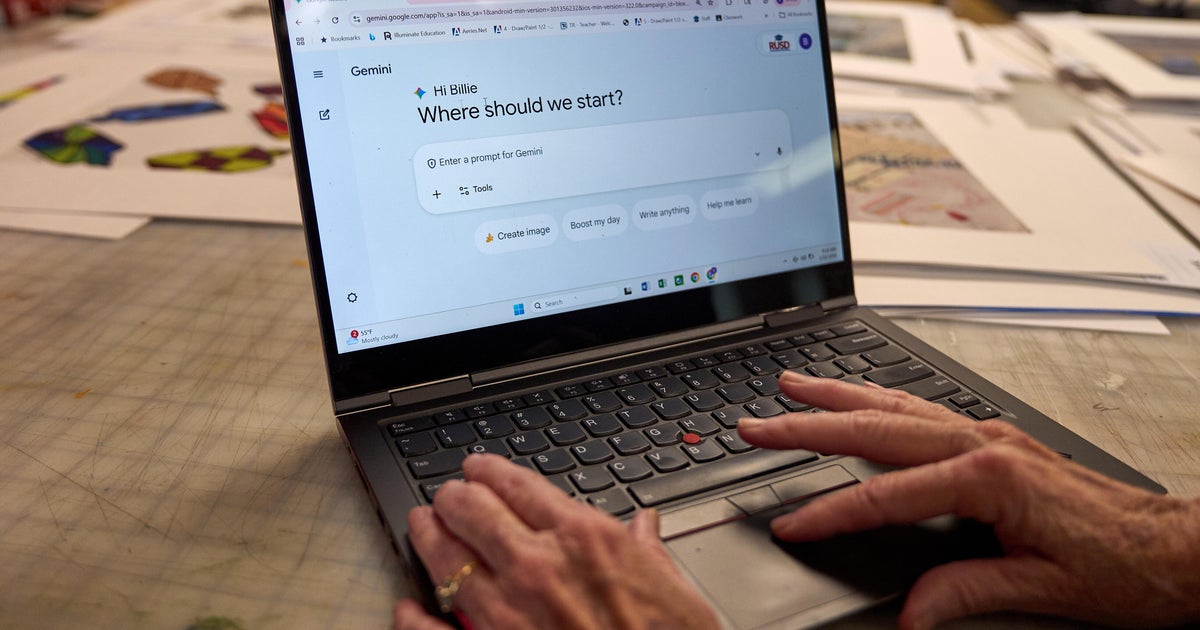State Struggles To Attract, Retain Qualified Teachers
ST. PAUL, Minn. (WCCO) -- For the past 10 years, St. Francis School District elementary teacher Ryan Fiereck's passion has been in the classroom.
"I've seen a lot of good people come and go, and that's the tough thing," he said.
But like many of the state's teachers, it's a passion that is not without problems. Fewer young people are choosing the teaching profession -- and for many of those who do, they don't last.
"Everyone who goes in comes in for the right reason, to help kids," Fiereck said. "And if they're leaving for personal reasons, however vague that is, that's concerning because they're good people deciding to go somewhere else."
The findings are borne out in 2017 Minnesota Department of Education report on "Teacher Supply and Demand." The report is prepared every two years to inform the legislature on the current pool of school teachers.
"This report really tells us that many districts are still having a problem filling open teaching positions," Minnesota Department of Education spokesman Josh Collins said.
For instance, between 2008 and 2016, the study measured a 5-percent jump in the number of teachers who left the classroom citing personal reasons. The shortage is especially critical in attracting and retaining science, math and special education educators.
"The way we look at the profession and the way the profession is held up is frustrating and makes it a challenge for them," Collins said.
Some teachers cite tougher licensing requirements and teacher salaries as a primary deterrent to retention. There is also the lure of better job opportunities in the private sector, particularly among those teachers trained in the sciences.
The study also found that the number of new teachers leaving the profession jumped from 15-percent in the first year, to over 25-percent by the teacher's third year on the job.
For veterans like Fiereck, finding solutions to the teacher shortage is lesson one.
"It's a trend and it's headed in the wrong direction," Fiereck said. "And we have to take some proactive steps so we can solve this problem."







